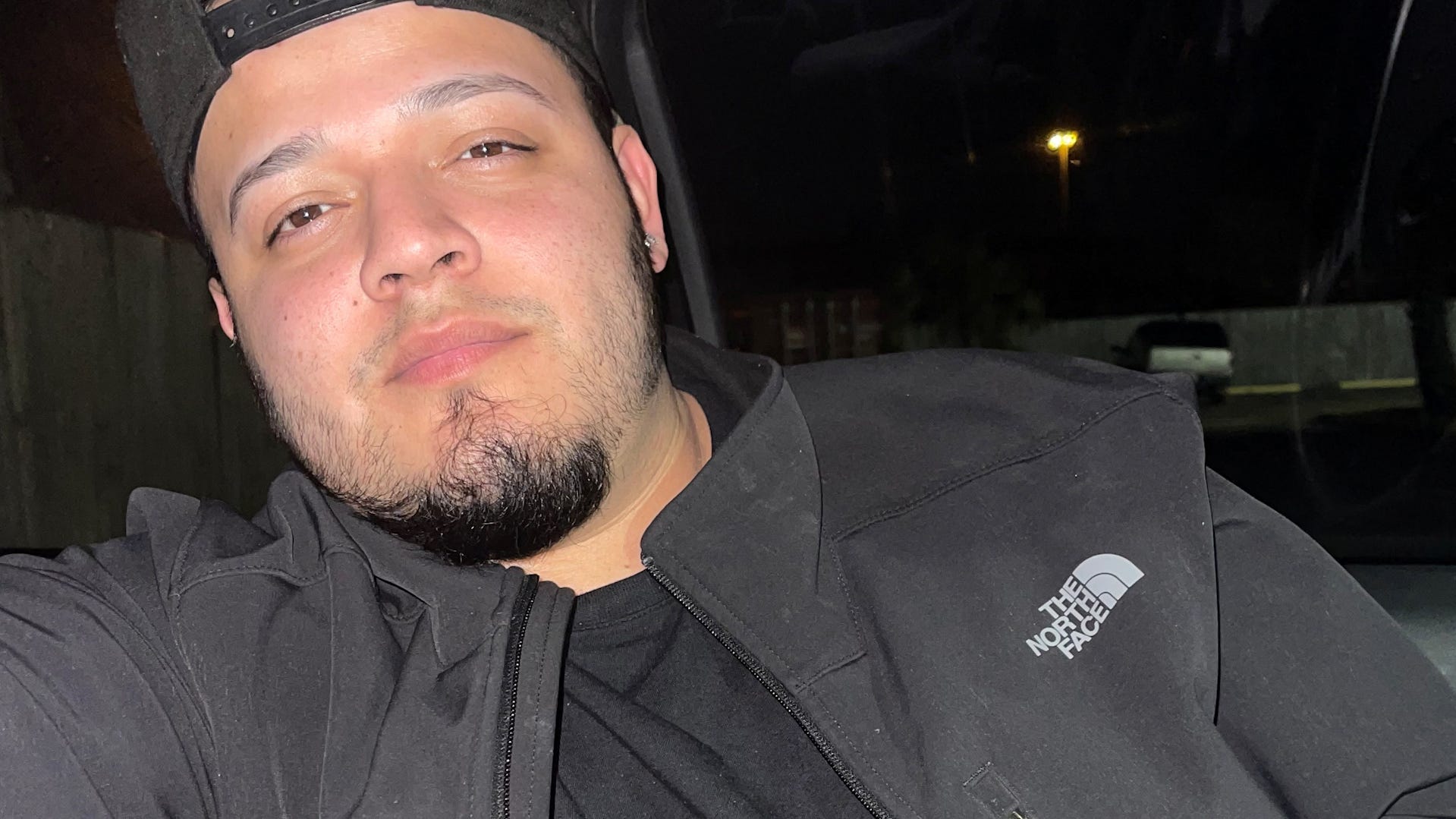Judge orders Abrego Garcia released, urges DOJ, DHS to ensure he faces criminal trial
ICE detention now looms and the judge urged the U.S. Attorney's Office and the Department of Homeland Security to work together to ensure Abrego Garcia faces trial on human smuggling charges.

- On June 25, U.S. Magistrate Judge Barbara Holmes in Nashville ordered Kilmar Abrego Garcia released on his own recognizance.
- But Holmes said Abrego Garcia likely faces detention and possible deportation by U.S. Immigration and Customs Enforcement.
- She said she can't order ICE to take any particular action but urged the U.S. Attorney's Office and the Department of Homeland Security to work together.
NASHVILLE − A federal judge in Tennessee has ordered the release of a Salvadoran migrant at the center of President Donald Trump’s border security policies while he awaits trial on criminal charges.
U.S. Magistrate Judge Barbara Holmes rejected federal prosecutors’ request that Kilmar Abrego Garcia, 29, remain incarcerated but imposed conditions on his release. Abrego Garcia will be released on his own recognizance but must undergo anger management counseling, home detention, location monitoring, drug testing and have no contact with MS-13 gang members, Holmes ruled during a hearing in Nashville on June 25.
Holmes acknowledged that, once released, Abrego Garcia would likely land in custody of U.S. Immigration and Customs Enforcement and could face deportation for a second time. Although outside the jurisdiction of her court, Holmes urged the U.S. Attorney's Office and the Department of Homeland Security to work together to ensure he faces criminal charges in Tennessee.
Holmes said she can't order ICE to take any particular actions in the case, and the conditions of his release are only enforceable if he is not in ICE custody. "The most I can do is request the U.S. Attorney’s Office to encourage cooperation from Homeland Security," she said.
Defense attorney Sean Hecker pointed to possible Sixth Amendment concerns if U.S. attorneys and Homeland Security fail to cooperate and ensure that Abrego Garcia is able to attend future hearings. The Sixth Amendment grants rights to people facing criminal prosecution, including the right to a speedy trial, legal counsel and an impartial jury, among others.
For now, Abrego Garcia will remain in jail while lawyers debate where he could be housed and whether the Justice Department can stop him from being deported. Lawyers are expected to file legal briefs by June 27.
A sheet metal worker and father of three who lived for more than a decade in Maryland after entering the country illegally, Abrego Garcia was being held in a prison in El Salvador when a federal grand jury in Nashville indicted him on the human smuggling charges on May 21.
The indictment alleges that, from 2016 through 2025, Abrego Garcia and other unnamed people conspired to bring undocumented migrants into the United States from Guatemala, El Salvador, Honduras, Ecuador and elsewhere.
He has pleaded not guilty to the charges.

Abrego Garcia was thrust into the spotlight in March when the Trump administration erroneously deported him to El Salvador, despite an earlier court order that barred the U.S. government from sending him back to his native land. Government attorneys blamed his deportation on an “administrative error.”
A federal judge in Maryland ruled in April the administration had acted illegally in deporting him and ordered officials to return him to the United States. The Supreme Court upheld that ruling and ordered the administration to begin the process of releasing him, but officials resisted bringing him back until he was indicted on the human smuggling charges in May.
Federal prosecutors wanted Abrego Garcia to remain in jail while he awaits trial, arguing that he is a member of the violent gang MS-13, a designated terrorist organization, and could flee or intimidate other witnesses if he is released. Abrego Garcia denies he is a member of the gang and contended the charges don’t justify holding him in jail.
In a 51-page ruling issued June 22, Holmes said the government had failed to prove that Abrego Garcia was an immediate danger to the community or that, if released, he might not return to court for his trial.
Prosecutors asked Holmes to issue a stay on her release order, noting Abrego Garcia could again face deportation "in the near future."
But Holmes said the government’s claims that he is a gang member and could intimidate or threaten witnesses are based on vague statements of cooperating witnesses. Those statements were at times conflicting and amounted to hearsay, the judge said.
Given those factors, the government’s evidence that Abrego Garcia is a gang member is “simply insufficient,” she wrote.
At a news conference before the June 25 hearing, Abrego Garcia's wife, Jennifer Vasquez Sura, noted it was their wedding anniversary and said it has been 106 days since her husband was "abducted" by the Trump administration.
"Instead of celebrating our love surrounded by family, I'm here, but not alone," Vasquez Sura said, adding she feels embraced by community leaders.
The separation has only strengthened her bond with her husband, she said.
Follow Michael Collins on X @mcollinsNEWS.